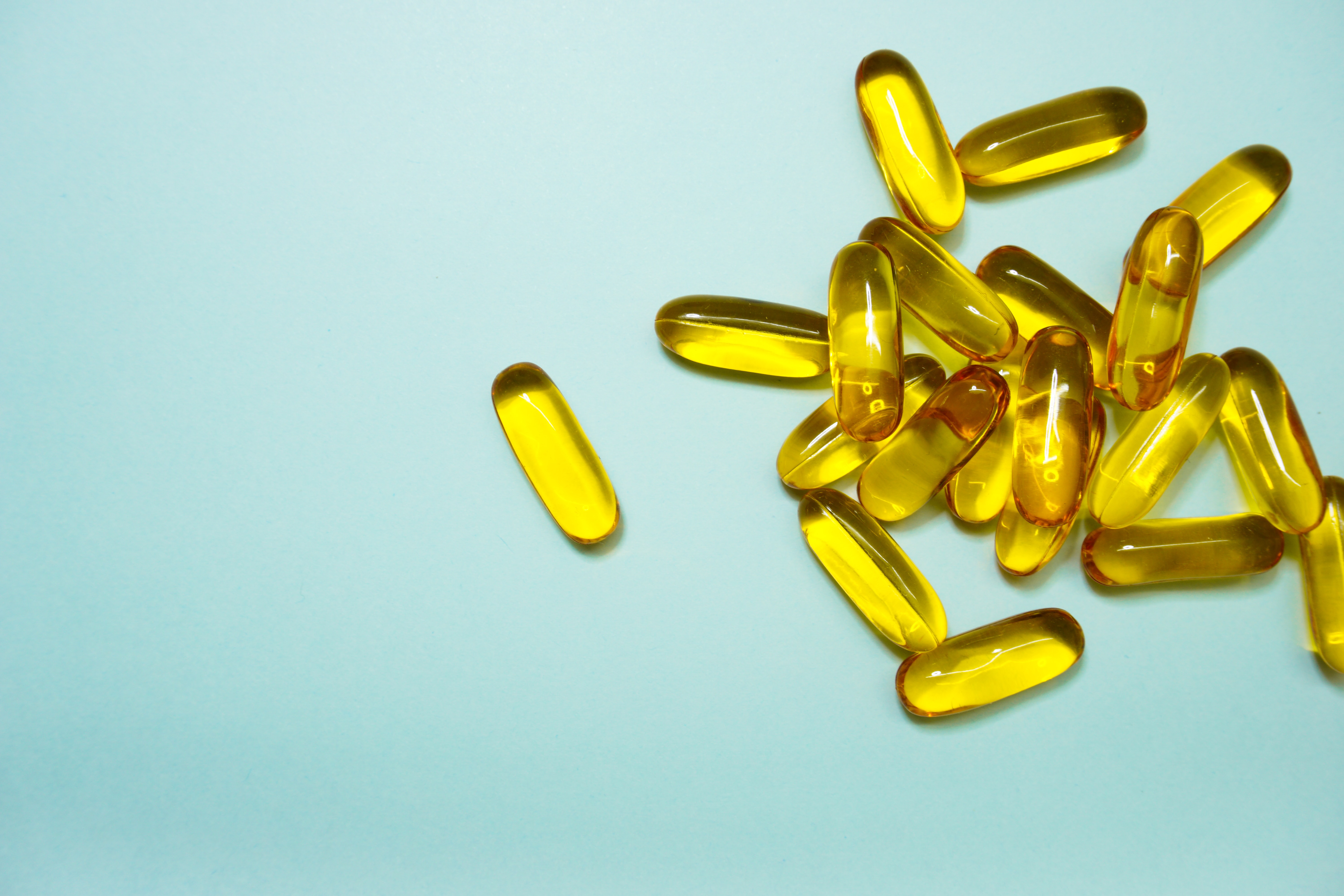
5 PCOS Supplements Women Should Have
by Indranil on July 5, 2023 , 5 min read
What are PCOS supplements?
Polycystic Ovary Syndrome (PCOS) is a hormonal condition that affects millions of women around the world. It can cause a variety of symptoms, including irregular periods, increased hair growth, weight gain, and fertility problems. While there is no known treatment for PCOS, the illness can be managed with lifestyle changes and specialised supplementation. PCOS supplements are specifically created to help women with PCOS maintain hormonal balance, improve symptoms, and enhance overall well-being.
Symptoms of PCOS
Before looking into PCOS supplements, it's critical to understand the condition's most frequent symptoms.
These can differ from woman to woman, but they frequently include:
Period irregularities: Women with PCOS may have infrequent or extended menstrual cycles.
Excessive hair growth: PCOS can cause excessive hair growth (hirsutism) on the face, chest, or back.

Weight gain: Many PCOS women struggle with weight management and may find it difficult to shed weight.
Fertility problems: PCOS can make it difficult to conceive or maintain a pregnancy.
Fertility Issues: PCOS disturbs the body's normal hormonal balance, resulting in high amounts of androgens (male hormones), such as testosterone.
5 PCOS Supplements Women Should Have
While consulting with a healthcare practitioner is always recommended for personalised advice, here are five well-known PCOS supplements that can help with symptom management and overall health:
Omega-3 Fatty Acids
Omega-3 fatty acids, such as those contained in fish oil, have demonstrated encouraging results in the treatment of PCOS symptoms. These important fatty acids have anti-inflammatory effects and can aid in hormone regulation, insulin resistance reduction, and good ovulation. Omega-3 supplements can also help with cardiovascular health and enhance lipid profiles, which are frequently affected by PCOS in women.

Zinc
Zinc is an important mineral that is involved in a variety of physiological functions, including hormone control and fertility. Women with PCOS frequently have low zinc levels, which can lead to insulin resistance and hormonal abnormalities. Zinc supplementation can help treat these deficiencies, improve reproductive health, and increase insulin sensitivity.
Magnesium
Magnesium is necessary for maintaining hormonal balance and insulin sensitivity. According to research, women with PCOS may have reduced magnesium levels, which can lead to greater insulin resistance and inflammation. Women with PCOS can potentially increase insulin sensitivity, reduce inflammation, and alleviate PCOS symptoms by taking magnesium supplements.
Inositol
Inositol, a B-vitamin-like molecule, has gained popularity as a PCOS supplement. It participates in insulin signalling and can aid in the improvement of insulin sensitivity. Inositol supplementation has shown encouraging benefits in the management of insulin resistance, the regulation of menstrual cycles, the improvement of reproductive outcomes, and the reduction of other PCOS symptoms. It comes in two forms: myo-inositol and D-chiro-inositol, and a mix of the two is frequently recommended for best benefits.
N-Acetylcysteine (NAC)
N-Acetylcysteine (NAC) is an amino acid that functions as an antioxidant and aids in liver detoxification. It has shown promise in treating PCOS symptoms by lowering insulin resistance, increasing ovulation, and decreasing inflammation. NAC supplementation may also help to restore the balance of glutathione, an important antioxidant that might be deficient in PCOS women.
Conclusion

While PCOS cannot be treated, tailored supplements can help women with PCOS manage their symptoms and improve their general well-being. Omega-3 fatty acids, zinc, magnesium, inositol, and N-acetylcysteine are among the well-known PCOS supplements that can help with hormonal balance, insulin resistance, menstrual cycle regulation, and fertility results.
It is critical to remember that supplementation should be used in conjunction with lifestyle modifications such as a healthy diet, regular exercise, stress management, and proper sleep. Furthermore, it is critical to check with a healthcare expert or a certified nutritionist to determine the optimum dosage and to ensure that supplements do not mix with any existing prescriptions or health issues.
Remember that, while supplements can help, they are not a substitute for full medical treatment. Women with PCOS should collaborate with their healthcare team to design a comprehensive treatment plan that meets their specific needs. Women can empower themselves to live healthier lives and effectively control their disease by taking a proactive approach to managing PCOS and incorporating tailored supplementation.